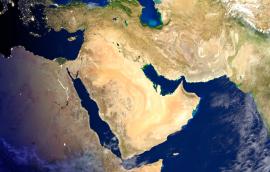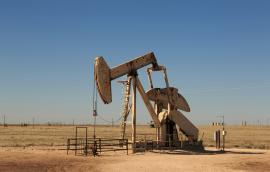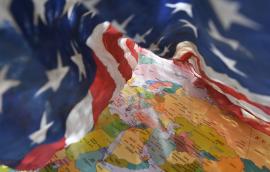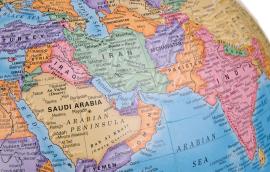The Gulf States and Israeli-Palestinian Conflict Resolution
The changing regional geopolitics of the Middle East have created new opportunities for the Gulf states to engage in Arab-Israeli conflict resolution after the Arab Spring. This policy report examines the potential role that the six Gulf Cooperation Council (GCC) states — Bahrain, Kuwait, Oman, Qatar, Saudi Arabia and the United Arab Emirates (UAE) — might play in Israeli-Palestinian conflict resolution. It presents policy recommendations on how the Gulf states can engage with regional and international partners and build upon the greater space for action as the shifting parameters of Middle East politics create new regional pathways for action and cooperation.
Kristian Coates Ulrichsen September 16, 2014









